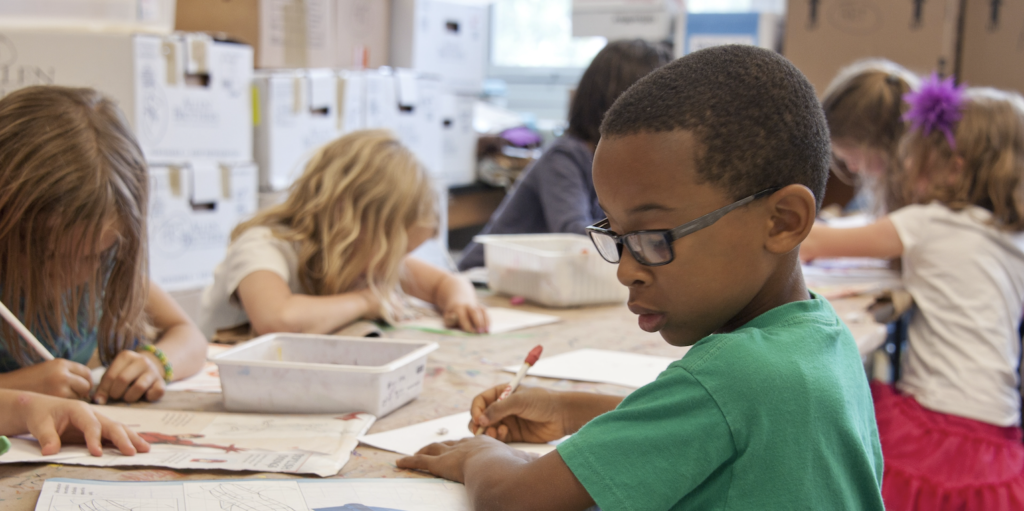“Every child is gifted; they just unwrap their packages at different times”- This popular proverb fascinatingly talks about the essence of uniqueness that is bestowed upon by the Almighty on every creature created by him. When we think about these differences, we realize how two individuals coming from a single family can possess entirely different personalities. Quite often we see that in a class, some students grasp a particular concept at the very first take, while some take two-to-three readings to understand it. This is because that every child has a unique set of characteristic features that make him different from his peers. While some features are gifted to us by the supreme power above, others are attained by us in the form of skills.

The level of our learning capabilities depends largely on our grasping power and memory. The more efficiently we involve our minds into divergent thinking, the more vividly we delve into expansion of our understanding. When you are a teacher, each student is equally important to you. A teacher should connect with the students on a personal level so as to understand their individual requirements and then out teaching strategies for them. Many a times, teachers have to interact with students who have some sort of learning differences. These students might have a weak understanding power, lack of concentration, or some kind of medical disability like dyslexia. Such cases are quite challenging for a teacher as she has to manage their learning in sync with other students without making them feel different. The classroom environment should be supportive, loving, and free from bias towards a particular group. Each student should be given equal opportunity to explore, succeed, and perform without being judged for their special needs by other students or teachers.
A teacher cannot treat all the students with a single tool as each child has a different pattern of understanding and learning capacity. It becomes the responsibility of a teacher to plan out a system that supports and nurtures all students of the class including those with special learning requirements. Special emphasis should be given on making these students feel comfortable with their peers as social interaction plays an important role in the holistic development of kids. A friendly classroom environment allows kids to delve into new things, explore the unknown, brainstorm with others, learn teamwork, and come out of their shells. Let’s figure out some effective tools that can help teachers to aid students with learning difficulties in the pointers here. Have a look:
Tips For Teachers Interacting with Special Kids
- Emphasize on Mindfulness
The time-table set by the school authorities can be quite hectic and monotonous for the tiny-tots. To resolve this, meditation can be an effective tool for the teachers. Students should be encouraged to spare out 60 seconds at the start of every class for relaxation. They should calm their nervous system by doing a quick meditation round. The 60 seconds exercise aids flow of oxygen to the brain making the nervous system active and free from stress. This practice can do wonders for the kids with learning differences by increasing their focus and concentration power. The process is widely used by teachers in online classroom app portals to ease pressure on kids.
- Include Physical Tools
For students with learning difficulties, maintaining concentration during a long lecture can be quite stressful. Thus, teachers should use certain tools like yoga balls, bouncy bands, etc. to facilitate easy movement of kids within the class. Constant movement develops cognitive power of the students. It helps to increase memory, retain focus, and create intrinsic motivation in them. The use of movement tools can break the boredom for kids by allowing them to mix play and learning.
- Create a student-friendly environment
In a classroom, students should feel valued, supported, and encouraged. They should not shy away from expressing their emotions and fears in front of the teacher. A growth-oriented classroom that nurture the cognitive skills can be quite helpful for kids dealing with problems like depression or anger issues. Such students can be involved in activities that suit their interests and calm their senses by channelizing their energy to the right path. Regular brainstorming session, fun games, drawing classes, etc. can help the kids to work efficiently. The teacher should always encourage kids to explore new things while finding what satisfies their curiosity and brings joy to their heart.

